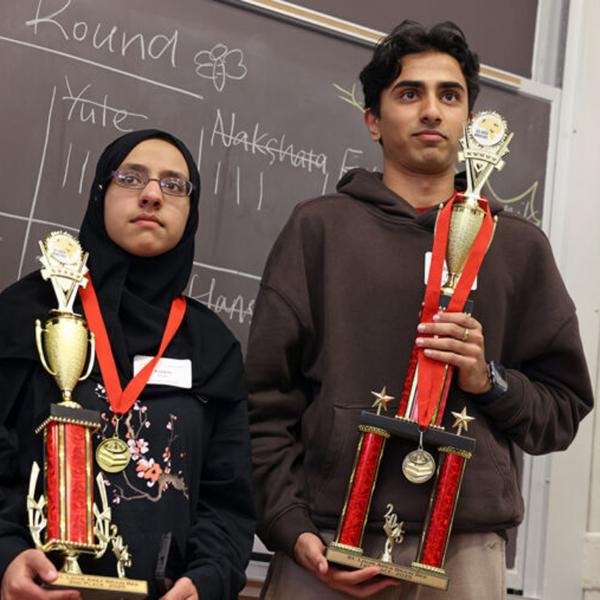Molecular biologist was committed to mentorship, training
John E. Majors, PhD, professor emeritus of biochemistry and molecular biophysics at Washington University School of Medicine in St. Louis, died Jan. 10, 2018, of a heart attack. He was 69.
Majors was known for key contributions to the field of molecular biology, particularly work involving the expression of genes inyeast and viruses. He worked with a team led by Harold E. Varmus, MD, and J. Michael Bishop, MD, whose research revealing how viruses can cause cancer was honored with the Nobel Prize in Physiology or Medicine in 1989.
inyeast and viruses. He worked with a team led by Harold E. Varmus, MD, and J. Michael Bishop, MD, whose research revealing how viruses can cause cancer was honored with the Nobel Prize in Physiology or Medicine in 1989.
“John was an invaluable researcher, teacher, collaborator and colleague,” said John A. Cooper, MD, PhD, professor and head of the Department of Biochemistry and Molecular Biophysics. “He will be remembered for his gentle and thoughtful nature, along with his deep understanding and keen insights on a wide range of scientific topics.”
According to colleagues, Majors was deeply committed to mentorship and training, putting students at the center of his work. He served on the doctoral thesis committees of more than 100 graduate students in the university’s Division of Biology & Biomedical Sciences (DBBS). In 2013, he was one of 10 DBBS faculty named to “The One Hundred Club,” honoring this achievement. Many of his former trainees have gone on to become leaders in their fields.
“John will be remembered with respect and deep affection,” said Varmus, who also directed the National Institutes of Health (NIH) from 1993 to 1999 and the National Cancer Institute from 2010 to 2015. “He led or contributed to a number of projects that established the still-current picture of how a retrovirus manages the molecular acrobatics essential for its growth cycle. Equally lasting was the deep impression he made on all of us who worked with him — a remarkably kind and considerate person, with wide knowledge, a firm commitment to science and an unflappable demeanor.”
Majors earned a bachelor’s degree in physics from the University of Washington in 1970 and a doctoral degree in biophysics from Harvard University in 1977. He continued his training as a postdoctoral fellow in Varmus’ lab — then at the University of California, San Francisco — contributing to the discoveries that would later earn Varmus and Bishop the Nobel Prize. After joining the faculty of Washington University in 1983, Majors continued his work studying retroviruses, how they replicate and how their DNA can interfere with mammalian genetics and lead to cancer.
Majors served on the steering committees of the biochemistry and molecular genetics graduate programs. After his retirement in 2011, he continued teaching regularly for the university’s Department of Biology.
Majors is survived by his sisters, Anne Chick and Jane Sutherland, and their families.
A scientific symposium will be held at a future date to celebrate his life. In lieu of flowers, contributions may be made to the John Majors Memorial Fund at Washington University.
The Biology department will be holding a celebration of life on February 2 at 4:30pm in Life Sciences 2nd floor. Students, faculty and staff are welcome to come and share their thoughts.
(taken from the Record)




